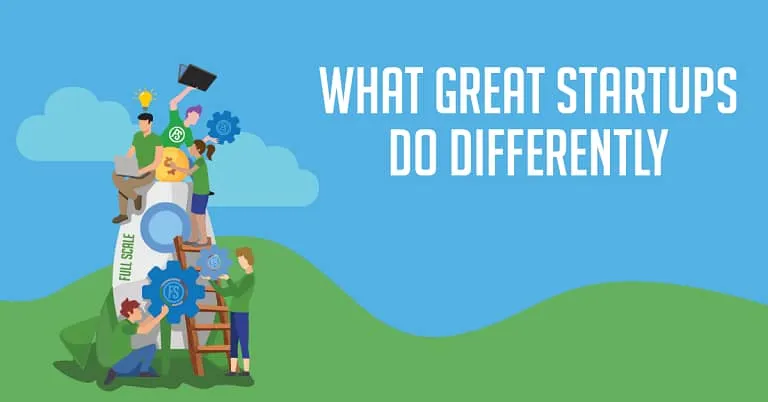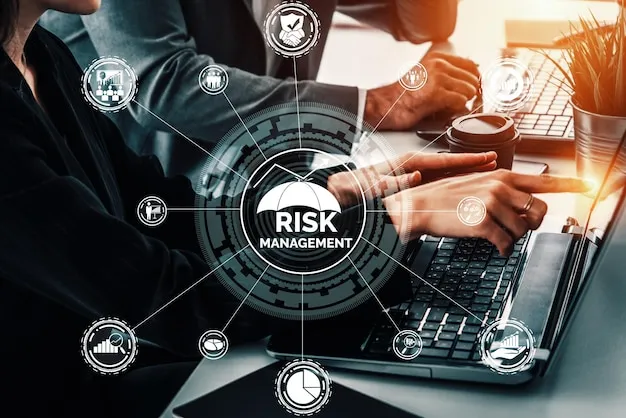Starting a business is exciting. But let me tell you, knowing how startups exit is just as important as launching one. Over the years, I’ve watched the world of startup exit trends change a lot. Some years it’s all about IPOs. Other times, mergers and acquisitions (M&A) take center stage. Today, I’ll share everything I’ve learned about startup exit trends in 2025, including expert advice, real data, and my personal insights.
Understanding Startup Exit Trends in 2025
When I first entered the startup ecosystem, I kept hearing the word “exit.” I didn’t get it at first. Was it about leaving the company? Selling it? Taking it public?
So, let’s start simple.
What Is a Startup Exit
A startup exit is when founders and investors turn their ownership into cash. This usually happens through:
- Initial Public Offering (IPO)
- Merger or Acquisition (M&A)
- Secondary Sale
- Buyouts
This year, startup exit trends have shifted in surprising ways.
Read also: How to Tackle the Toughest Fundraising Challenges Like a Pro
Current Startup Exit Trends Shaping 2025
I’ve been following industry reports like PitchBook’s Q1 2025 Global Exit Report and here’s what’s happening now:
Lower IPO Activity But Strong M&A Deals
The IPO market is still slow compared to pre-2022 levels. High interest rates and market volatility are scaring off public listings.
But M&A deals are booming. Big companies are buying smaller startups to fuel growth.
Expert Quote: "In 2025, strategic acquisitions are driving the majority of startup exits, especially in the SaaS and AI sectors." Emily Chen, Senior Analyst at PitchBook.
More Private Equity Buyouts
Private Equity (PE) firms are hunting for deals. They’re buying up profitable startups that need growth capital.
Global Shift in Startup Exits
Emerging markets like India, Southeast Asia, and Africa are seeing faster startup exit growth than ever before.
Why Startup Exit Trends Matter for Founders Like Me
As someone building startups, understanding exit trends helps me:
- Plan my fundraising better
- Choose investors wisely
- Set realistic timelines
- Know when it’s the right time to sell
Read also: Common Mistakes In Startup Funding Pitches
Top Startup Exit Strategies in 2025 (Based on Trends)
Now, let’s dive into each exit strategy and how they’re performing this year.
IPOs and Startup Exit Trends in 2025
Taking a company public used to be the dream. But not anymore for most founders I know.
Why IPOs Are Slowing Down This Year
Factors like:
- Market instability
- Regulatory hurdles
- Higher cost of listing
Most startups now stay private longer.
My Experience: When I talked to founders who went public recently, they said the process was long, stressful, and expensive.
Mergers and Acquisitions (M&A) Leading Startup Exit Trends
This is the hottest startup exit trend right now.
Why More Startups Are Getting Acquired
From what I’ve seen:
- Big tech giants want innovation
- Startups want liquidity
- Investors want quicker returns
Acquisitions are happening fast in Fintech, HealthTech, and Artificial Intelligence (AI) sectors.
Expert Opinion: "Acquisitions provide a win-win for startups and corporates needing new technologies." — David Laxman, M&A Advisor at Deloitte.
Private Equity Buyouts: A Growing Startup Exit Trend
I’ve noticed many late-stage startups selling to Private Equity.
Why PE Firms Are Active in Startup Exits
Reasons include:
- Access to capital
- Growth opportunities
- Operational support
Especially in B2B SaaS and E-commerce sectors, PE deals are trending.
Secondary Sales: The Quiet Yet Popular Exit Trend
Not every founder waits for a full company sale.
How Secondary Sales Are Changing Startup Exit Trends
In secondary sales:
- Founders sell their shares privately
- Employees cash out through internal buyback programs
This keeps the startup private but gives liquidity.
The Decline of SPACs in 2025 Startup Exit Trends
Remember the SPAC boom from 2020-2021? It’s almost over now.
Why SPAC Exits Have Lost Popularity
- Increased SEC scrutiny
- Poor stock performance post-listing
- Investor skepticism
Expert Quote: "SPACs were a temporary trend. In 2025, serious investors prefer traditional exits." — Rachel Gupta, Investment Banker at Goldman Sachs.
Regional Startup Exit Trends: Where Exits Are Happening
Startup Exit Trends in India and Southeast Asia
I’ve been tracking India’s startup ecosystem, and here’s what I noticed:
Why Indian Startups Are Exiting Faster Now
- Growing domestic M&A
- More IPO-ready companies
- Rise of private equity deals
Same story for Southeast Asia, especially in FinTech and E-commerce.
US and Europe: Stable but Selective Exit Trends
In the US and Europe, deals are more selective.
Investors Focusing on Profitable Startups
Gone are the days of funding unprofitable unicorns. Buyers want:
- Revenue growth
- Profitability
- Strong market fit
Key Takeaways from Current Startup Exit Trends
- M&A dominates exits in 2025.
- IPOs are down but still possible for the right startups.
- Private Equity is playing a bigger role.
- Emerging markets are catching up fast.
- Profitability and scalability matter more than ever.
My Personal Tips for Founders Planning an Exit
- Build a strong financial story
- Focus on profitability
- Get M&A advisors early
- Keep investors updated
- Network with potential acquirers
FAQs on Startup Exit Trends
Q1: What is the most common startup exit in 2025?
Mergers and acquisitions (M&A) are leading the pack according to current startup exit trends.
How long does it take for a startup to exit?
On average, 7-10 years. But it depends on sector, growth rate, and market conditions.
Are IPOs still a good option for startups?
Only for high-revenue, growth-stage startups. IPO activity is slower in 2025.
How are emerging markets like India performing in startup exits?
They’re growing fast! More Indian startups are reaching M&A or IPO stage thanks to market maturity.
Expert Opinions on Future Startup Exit Trends
Here’s what top experts are predicting for the rest of 2025 and beyond:
- AI and SaaS startups will continue to dominate exit activity.
- Cross-border M&A will rise as US and European firms buy startups from Asia and Africa.
- Founders should expect longer deal cycles but better valuations if their fundamentals are strong.
Quote from CB Insights Report (2025): "Exit timelines are getting longer, but quality deals are rewarded with premium valuations.
Final Thoughts
If there’s one thing I’ve learned: Be exit-ready always. I’m making sure my current startup has Clean books Strong revenue Clear growth story Because you never know when the perfect exit opportunity will come knocking!










